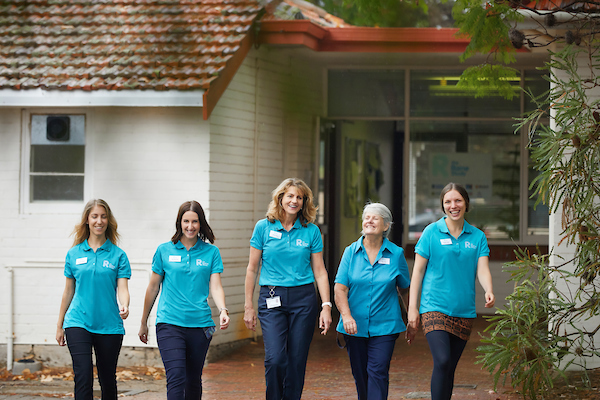WA’s unique longitudinal health study, The Raine Study, has celebrated the publication of the 500th research study using its data.
The Raine Study is one of the most richly detailed prospective cohorts of pregnancy, childhood, adolescence and now early adulthood to be carried out anywhere in the world.
It was established in 1989 to determine how events during pregnancy and childhood influence health in later life and has tracked almost 3000 Western Australian children, their parents, their grandparents and now their own children during that time.
The 500th research article to come out of the Raine Study found significant relationships between events during pregnancy and adiposity (obesity) and depression in adulthood.
Scientific Director of the Raine Study, Professor Leon Straker, said the 500th published paper was the perfect example of the value of the data collected by the Raine Study.
“Researchers have been able to use data collected from during pregnancy – including lifestyle and physical health based data – to examine impact in later life.”
Emeritus Professor Lawrence Beilin from the University of Western Australia, a co-investigator on the study, said that with an increasing incidence of obesity and mental health disorders in young adults, the research helped in discovering some factors during pregnancy that may contribute.
“This piece of research has shown a strong relationship of maternal smoking and a low family income with obesity and depression at the age of 20,” he said.
Socio-economic factors also had an impact on BMI (Body Mass Index) and depression at age 20.
“The value of discoveries such as this is to guide strategies to help families improve their health and well-being throughout their lives,” said Professor Straker.
This latest research adds to a long list of key health discoveries to come out of the Raine Study, including:
- Establishing the safety of ultrasounds and the standard for routine prenatal ultrasound scanning worldwide.
- Identifying genes associated with lung function, birthweight, puberty and language development.
- Finding that children who were breastfed for four months or longer had a healthier weight, had less asthma and allergies and less behavioural problems.
- Finding that a better quality diet in adolescence is related to better school achievement and fewer behavioural problems.
- Finding that low vitamin D levels put children and teenagers at an increased risk for both allergy and asthma, and this affects boys more than girls.
- Finding that work absenteeism is a significant issue for young adults and is associated with spinal pain and mental ill-health.
- Identifying trajectories of participation in sports across childhood and adolescence predict better physical health in adulthood.
Four generations of families are now involved in the Raine Study. According to Professor Straker the potential future impact of the study was huge with data collected on Grandparents (Generation 0), Parents (Generation 1), Children (Generation 2) and now Grandchildren (Generation 3) from the same family.
“The extensive data collected since 1989 through the Raine Study continues to assist in unravelling some of the complexities of health and disease over the life course,” he said.
Thanks to the Perth Now for covering this article.

